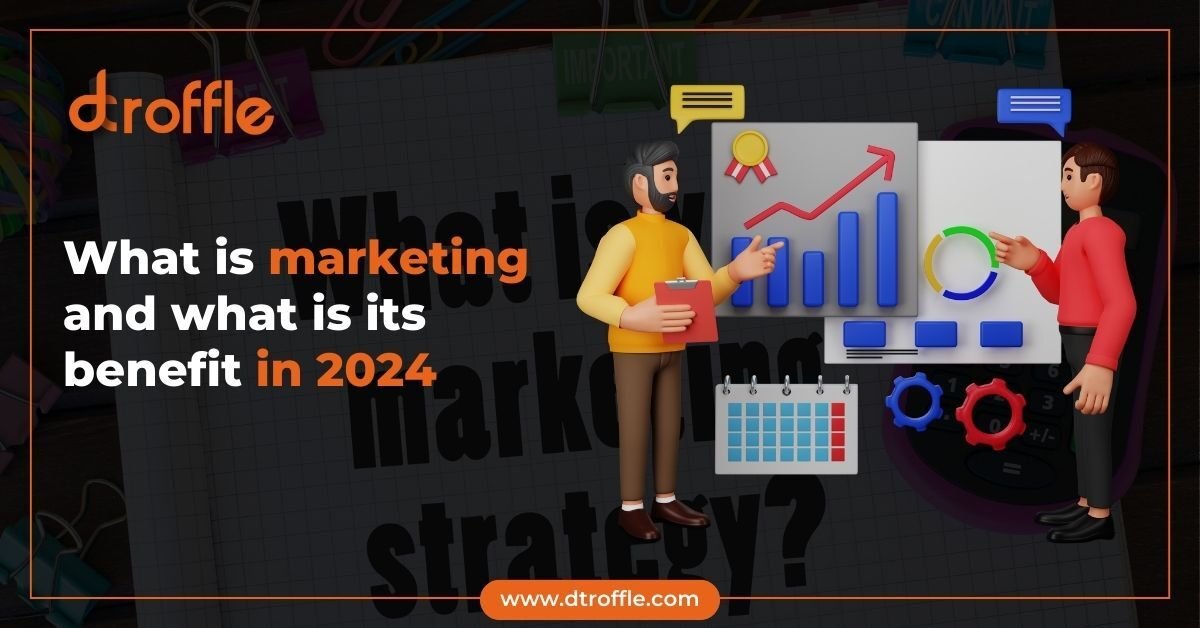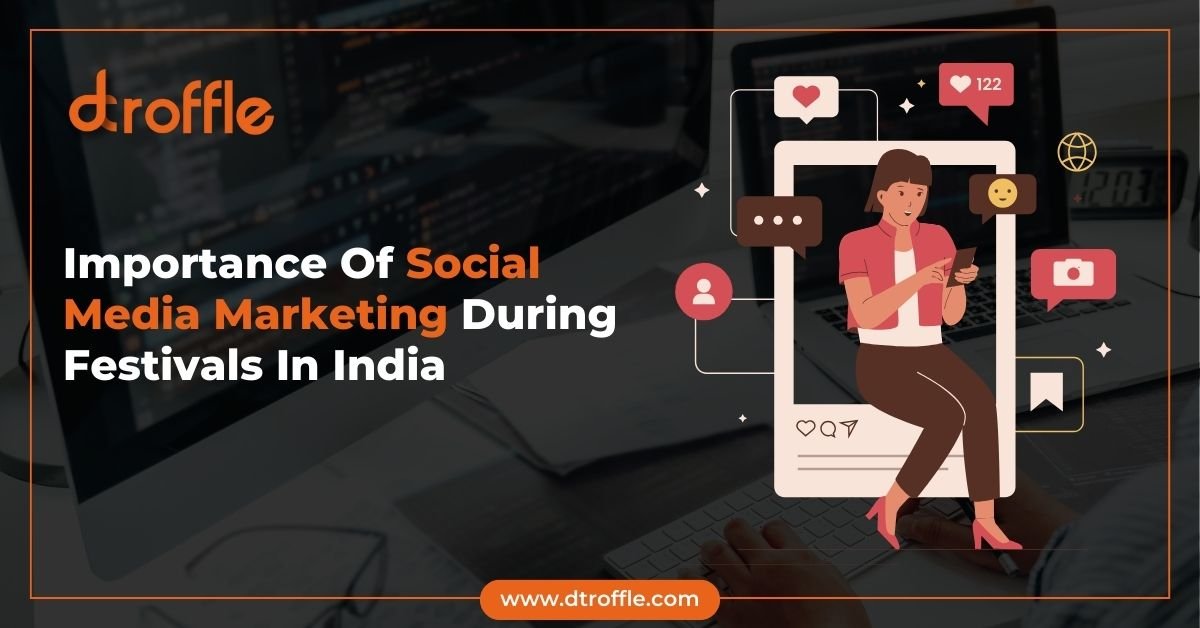At its core, marketing is promoting, selling, and distributing a product or service. It encompasses various activities, including market research, advertising, public relations, sales, and customer service. The goal of marketing is to understand the needs and desires of consumers and to develop strategies that satisfy those needs, ultimately driving business growth.
In 2024, the marketing landscape continues to evolve rapidly, driven by technological advancements, shifting consumer behaviors, and the increasing importance of data-driven decision-making. Let’s explore what marketing is in today’s context and the benefits it offers to businesses.
What is Marketing in 2024?
In 2024, marketing is more dynamic and multifaceted than ever before. It’s no longer just about creating catchy advertisements or running promotions. Modern marketing combines digital and traditional techniques designed to build strong, lasting relationships with customers. Here are some key components of marketing today:
1. Digital Marketing: The internet remains a central platform for marketing activities, focusing on search engine optimization (SEO), social media marketing, email marketing, and online advertising. Businesses use these tools to reach targeted audiences, engage with customers, and drive conversions.
2. Content Marketing: High-quality content is king. Brands create valuable, relevant, consistent content to attract and retain a clearly defined audience. This includes blogs, videos, infographics, podcasts, and more aimed at educating, entertaining, or inspiring potential customers.
3. Data-Driven Marketing: Big data and analytics are transforming marketing strategies. By leveraging customer data, businesses can personalize their marketing efforts, predict consumer behavior, and make informed decisions that optimize marketing campaigns.
4. Social Media Marketing: Social media platforms are vital for brand engagement and customer interaction. In 2024, brands are utilizing social media for promotions, building communities, fostering brand loyalty, and providing customer support.
5. Sustainable Marketing: With the increasing awareness of environmental and social issues, consumers are more inclined to support brands prioritizing sustainability. In 2024, marketing strategies often include promoting eco-friendly products, ethical practices, and corporate social responsibility (CSR) initiatives.
What Are the Benefits of Marketing in 2024?
The benefits of marketing in 2024 are numerous, as businesses that effectively leverage modern marketing strategies can experience significant growth and success. Here are some of the key advantages:
1. Increased Brand Awareness: Marketing helps companies increase their marketplace visibility. Through consistent and strategic marketing efforts, brands can establish a strong presence, making them more recognizable to potential customers. This brand awareness is crucial for attracting new customers and retaining existing ones.
2. Targeted Audience Reach: One of the most significant advantages of modern marketing is the ability to target specific demographics, interests, and behaviors. Whether through social media ads, PPC campaigns, or content marketing, businesses can reach the right audience at the right time, increasing the chances of conversion.
3. Enhanced Customer Engagement: Marketing in 2024 is about building relationships, not just selling products. By engaging with customers through various channels—such as social media, email, or content platforms—businesses can create a loyal customer base that feels connected to the brand.
4. Data-Driven Insights: Integrating data analytics into marketing allows businesses to track the performance of their campaigns in real time. This enables marketers to understand what works and what doesn’t, allowing quick adjustments and more effective strategies. Data-driven marketing ensures that resources are allocated efficiently, maximizing return on investment (ROI).
5. Competitive Advantage: Effective marketing can set a business apart from competitors in a crowded market. By staying ahead of trends, embracing innovation, and consistently delivering customer value, companies can differentiate themselves and capture a larger market share.
6. Sustainable Growth: Marketing isn’t just about short-term sales; it’s about building a brand that can thrive over the long term. Businesses can achieve sustainable growth and long-term success by fostering customer loyalty, creating a strong brand identity, and continually adapting to changing market conditions.
Conclusion
In 2024, marketing is more important than ever. It’s a dynamic and ever-evolving field that offers businesses the tools to connect with consumers, build strong brands, and drive growth. Whether through digital channels, content creation, or data analysis, the benefits of marketing are clear: increased visibility, targeted reach, customer engagement, and sustainable business success. As businesses navigate the complexities of the modern marketplace, a well-executed marketing strategy remains critical to success.









